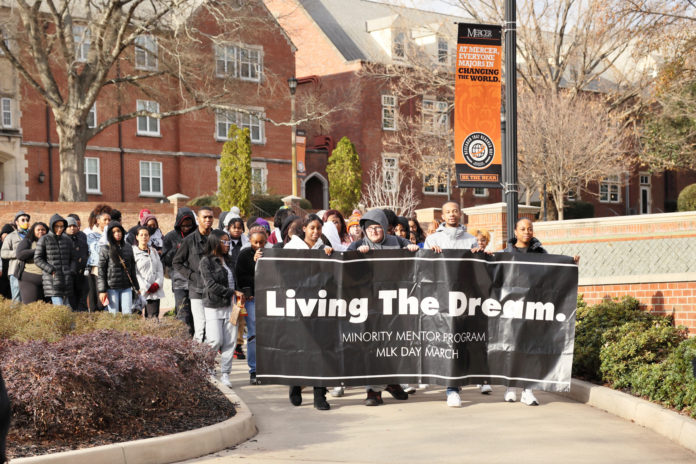
Years ago, I knew a woman who had lost her voice, not temporarily, but permanently. Her name was Polly, and cancer had invaded her larynx. To save her life, her vocal cords and the surrounding tissue had to be surgically removed. Before the cancer, she had a lovely, melodic voice that was pleasant to hear whether she was singing or simply having a normal conversation. After the cancer and subsequent surgery, there was nothing. There was only the faint gurgle of air leaking out of the open hole that the surgery had left in her throat.
She was, of course, very self-conscious about this sagging hole in her throat, which she always kept covered with a crocheted doily. While she could easily cover the physical manifestation of her surgical wound, she could not so easily disguise her inability to speak. Using sign-language or a writing tablet as means for communication made her voiceless condition all too obvious. Her preferred way of coping was simply to fade into the background, to be silent, to let others speak for her and speak over her. She was not able to engage in the lively banter or fond reminiscences of talking with family or friends. She was not able to voice her opinions in meetings or important discussions. Whatever decisions were made happened without either her consent or dissent. Even something as simple as choosing her meal in a cafeteria line became a matter of silent pointing, hoping that the server would guess correctly which pan she was aiming at and how large of a portion she wanted.
Even from a distance, life for this voiceless soul was painful to watch. Polly’s world kept getting smaller and smaller, more isolated, more overlooked, more lonely. She wore a chiseled smile, but I had to wonder what hurts and resentments lay beneath its granite surface. I can’t imagine that she was not angry about having to play this losing hand that cancer had dealt to her. She hadn’t done anything to deserve a voiceless life. If she carried anger in one hand, in the other hand had to be some measure of shame. In a world that values sameness, she was different — different in an unpleasant and incapacitating way. She was voiceless.
As I remember Polly, I also remember the Rev. Dr. Martin Luther King Jr. during this recent celebration of his life and influence. Dr. King tells of the moment, the epiphany, that propelled him into what would become his life’s work. He was alone at his kitchen table in the middle of the night, pondering and praying. He had just been released from jail in Montgomery, Alabama, because of his role in the bus boycott. Daily, he was receiving death threats against himself and his family. Exhausted and frightened, he was contemplating stepping out of the fray and settling into a quieter life out of the crosshairs of the civil rights movement. In these dark and desperate hours of soul searching, Dr. King describes hearing a voice saying, “Martin, stand up for righteousness. Stand up for justice. Stand up for truth.” He understood this voice to be the voice of Jesus, calling him to be a voice — a voice for the voiceless.
Both haunted and inspired by this voice that was calling him, Dr. King renounced the easy, quiet life. Instead, he leaped into the fire of the civil rights movement, raising his powerful and passionate voice to speak on behalf of the voiceless people whose suffering no one heard. He cried out on behalf of those who languished silently in the shadows of poverty and hopelessness. He called out against the injustice and inequality that was starving those famished souls who had been denied a place at the great American table of plenty. And, he gave voice to a dream of a healed world, united in a shared humanity and equal opportunity.
Whatever else may be said of Dr. King, he was a voice for those who had no voice. He spoke up. He spoke out, and the world is a better place because he did.
We are still surrounded by voiceless people: the poor, the broken, the lonely, the stranger, the outsider, the very young and the very old. And, we live on a voiceless earth that suffers in silence the stripping of its beauty, the exhaustion of its resources and the fouling of its life-sustaining gifts.
Who will let their lives be a voice for these voiceless people and this silent earth? Maybe one day, if we listen carefully as Dr. King did, we will hear a voice calling to us to be a voice, a voice of healing, a voice of change, a voice that casts a new vision of a sacred dream.
May it be!









